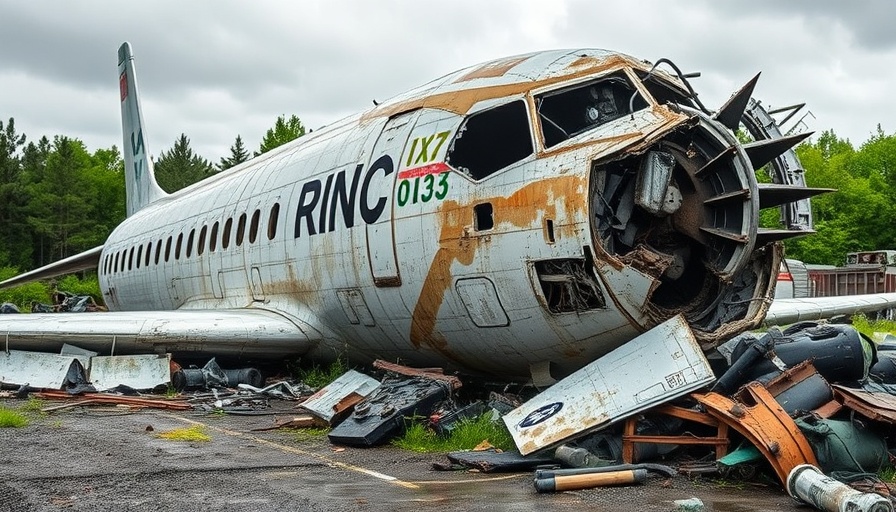
Unraveling the Mysteries Behind the Air India Crash
The tragic crash of Air India Flight, which occurred shortly after departing from Ahmedabad for London on June 12, has sent shockwaves through the global aviation community. With 241 individuals aboard and only one survivor, the incident raises numerous questions that point to potential failures in both human and technical domains.
In Air India crash: Report reveals cockpit switches were turned off, the unsettling details of the crash prompt crucial conversations about aviation safety and human error.
What Went Wrong in the Cockpit?
According to a preliminary report by India’s Air Accident Investigation Bureau, both fuel cutoff switches were turned off almost simultaneously just after takeoff. When queried about this move, one pilot claimed he did not cut the fuel, leading to a perplexing scenario. Experts suggest that the act of inadvertently turning off both switches could have been exceedingly improbable, thus introducing the possibility of a technical malfunction.
Experienced Crew Under Stress
Surprisingly, the incident involved a highly experienced crew: the captain had over 15,000 hours of flight experience, while the co-pilot had logged more than 3,000 hours. The psychological pressure during critical moments often leads to confusion—an aspect that must be investigated further. Despite the crew's expertise, situations like this challenge our understanding of human error versus technical failure in aviation.
Broader Implications for Aviation Safety
While the report did not assign blame to Boeing or General Electric, questions linger about the broader implications for aviation safety standards. As Air India has pledged full cooperation with the ongoing investigation, it prompts a necessary conversation about accountability within aviation, emphasizing the need for technology that is trustworthy and user-friendly.
This incident serves as a somber reminder of the vulnerabilities in aviation safety. Continued scrutiny and reform are essential to prevent future tragedies. We must demand answers and advocate for the kind of transparency that will promote accountability in air travel.
 Add Row
Add Row  Add
Add 




Write A Comment